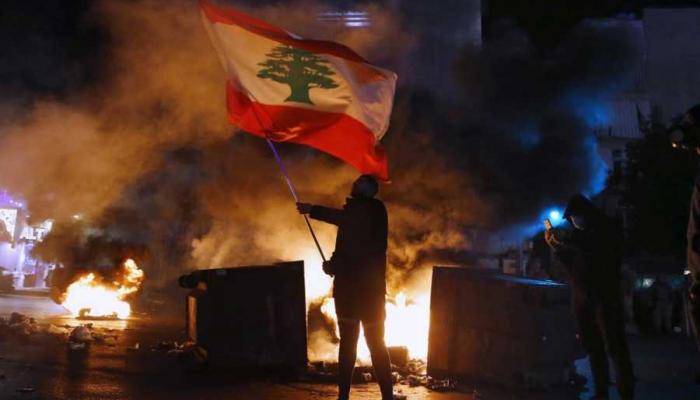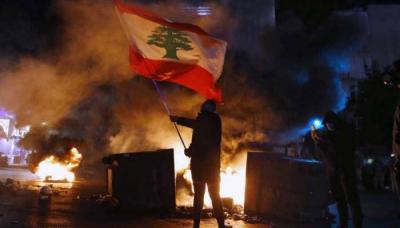If the Lebanese believe that their current dire situation is the absolute worst and that they are living in the depths of hell, having reached a moment of a thunderous collision, they are mistaken; they underestimate the extent of the suffering that still awaits them. This is the opinion of a Western diplomat who closely monitors what is happening on the ground in Lebanon, a country he loves, and hopes his fears do not come true. However, his concerns are based on the indifference of the political authority to all international and global warnings, as it leaps over them in search of private political gains and ambitions regarding a government or a presidential position, unfortunately bolstered by the results of the parliamentary elections, which instead of being an opportunity for accountability due to its transgressions against Lebanon and its citizens, only reproduced and extended the deadly crises under which the people suffer.
According to the mentioned diplomat speaking to "Al-Markazia," the worst fears revolve around the looming scenario of a vacuum again and the potential consequences of administrative paralysis amidst the collapse of state institutions, as there are no effective bodies left except for the military and security forces, despite their unlimited suffering and the struggle against extremely difficult surrounding conditions. It is reported that whispers have been heard in Beirut in some political salons that President Michel Aoun, despite his confirmed stance that he will leave the Baabda Palace on October 31, may not do so if Prime Minister Najib Mikati does not form a government, because the caretaker government’s legitimacy is questionable in light of the presidential vacuum. Moreover, there is circulating talk about the possibility that some ministers, particularly those affiliated with the Free Patriotic Movement, may refuse to carry out their ministerial duties, effectively resigning from the caretaker government, thereby causing it to lose the national legitimacy that MP Gebran Bassil speaks of, allowing President Aoun to remain in the Baabda Palace.
At that point, the country may be swept by waves of protests, demonstrations, and strikes, leading to chaos, and a fifth column, of which there are many, may ignite the time bomb of Syrian displaced individuals, allowing the Syrian regime to intervene to manage the situation by asserting its ability to control the Lebanese arena after Iran had removed this card from its hands, regaining control over it once again.
Consequently, the diplomat attributes the delayed official awakening and presidential and governmental readiness to address the issue of displaced individuals to the insistence on gradually returning them to Syria, as its areas have largely become safe. This echoes President Aoun's recent stances on this issue, as he does not miss an occasion to raise or discuss the matter with visiting international and Western officials as well as with the relevant ministers. The topic was discussed yesterday with the caretaker Minister of Displaced Persons, Issam Sharafeddine, who stated, "It is completely unacceptable for Syrian displaced individuals to return to their country after the war has ended and it has become safe," revealing that "the Syrian state is extending its hand to cooperate on this file," noting that "the Lebanese state's plan is to return 15,000 displaced persons each month."
He mentioned "proposals submitted by Lebanon to the regional director of the UN High Commissioner for Refugees, Iaki Ito, who promised to review his reference, with a written response to follow," as well as a "plan to form a tripartite committee with the Syrian state and the Refugee Affairs Commission, and another quadrilateral one including Turkey, Iraq, and Jordan to achieve this return."
The indicated scenario, the diplomat concludes, of disrupting stability in Lebanon, if it occurs, will quickly extend to Syria and from there to Jordan and possibly other Arab arenas, with a significant fear that it could take on a sectarian character, potentially leading to an explosion at the regional level as a whole, which may be what some are aiming for. So, will Lebanon allow the spark to ignite from it and disrupt its stability, the last resilient beads in its backbone, or will the responsible parties awaken to prevent a potential bloodbath?




